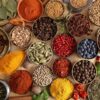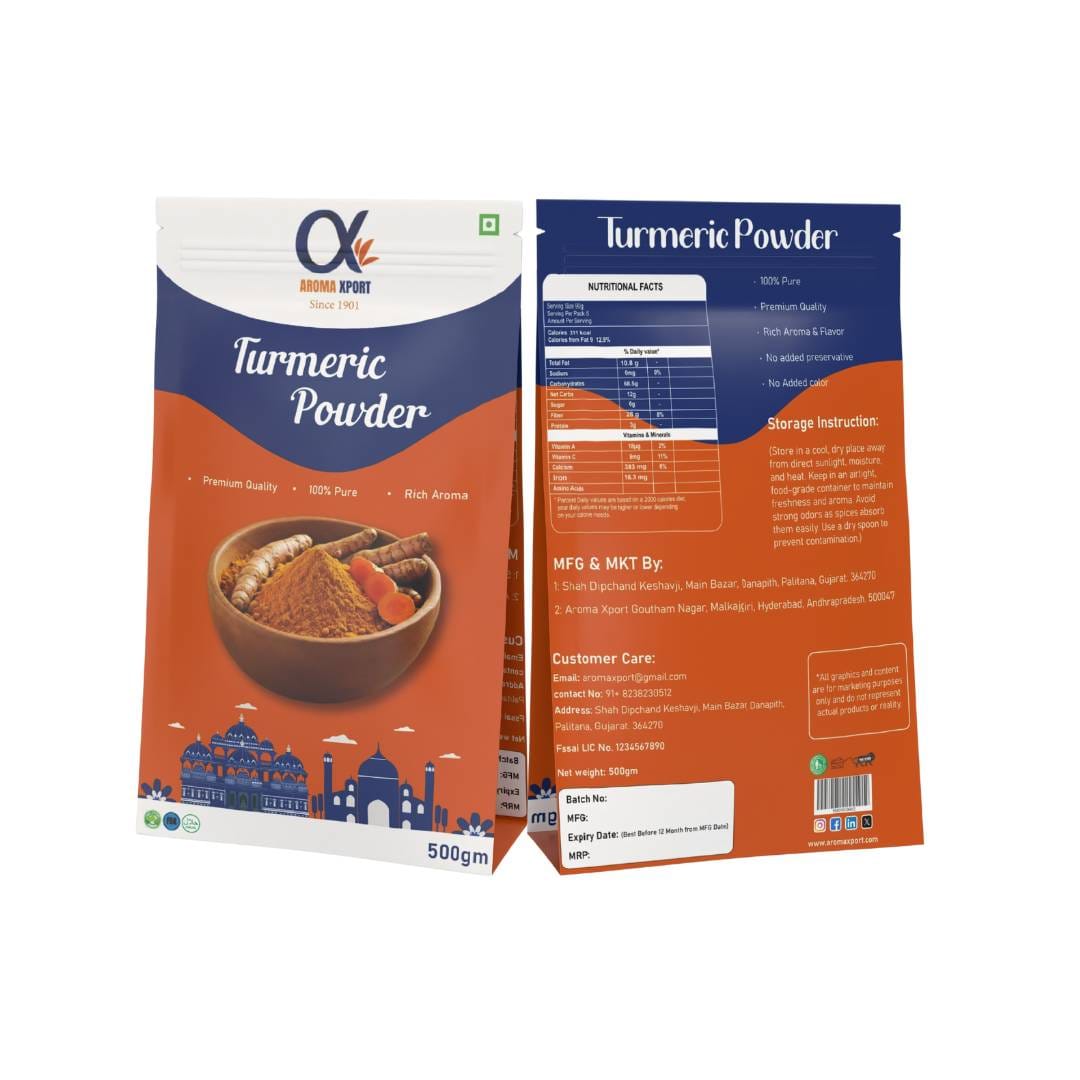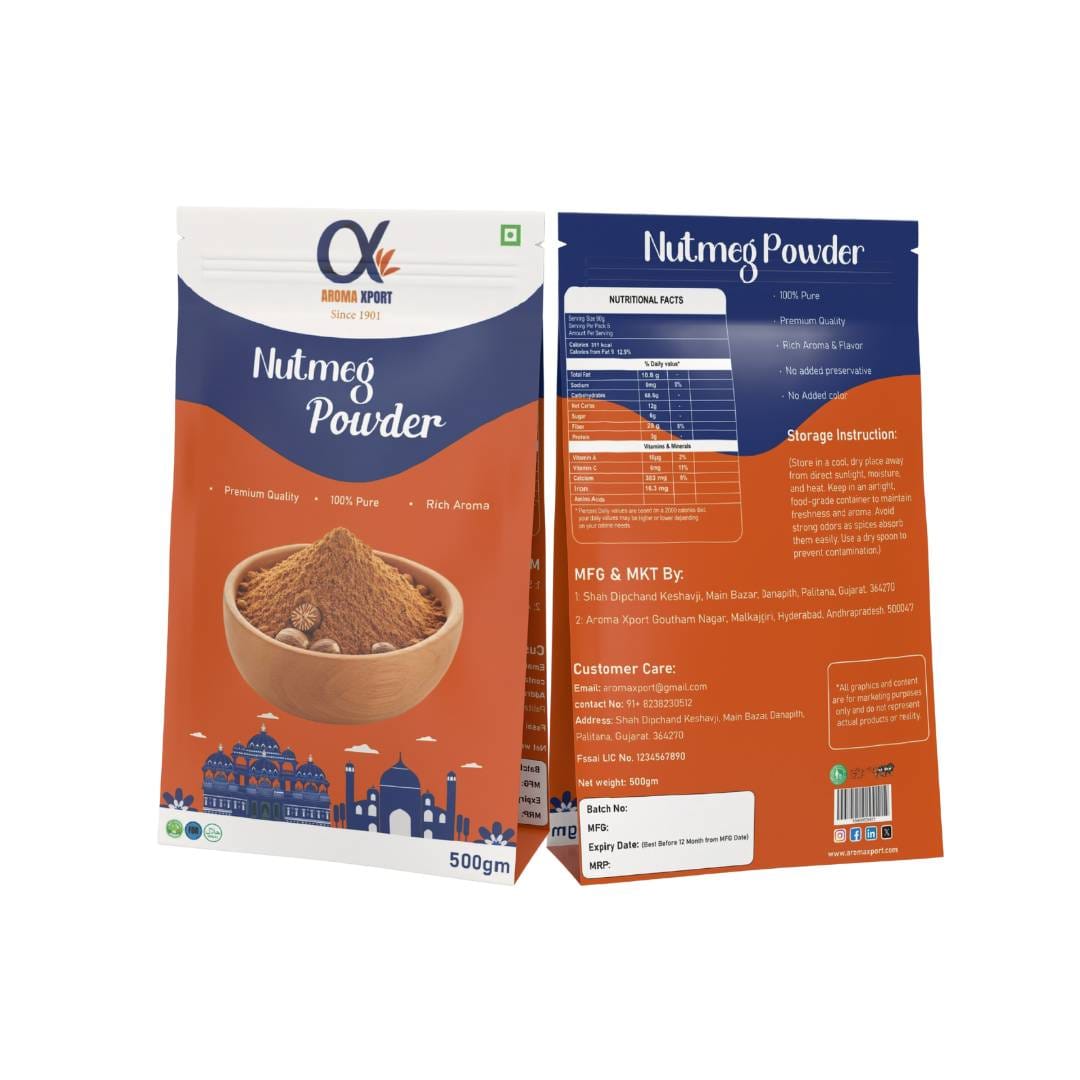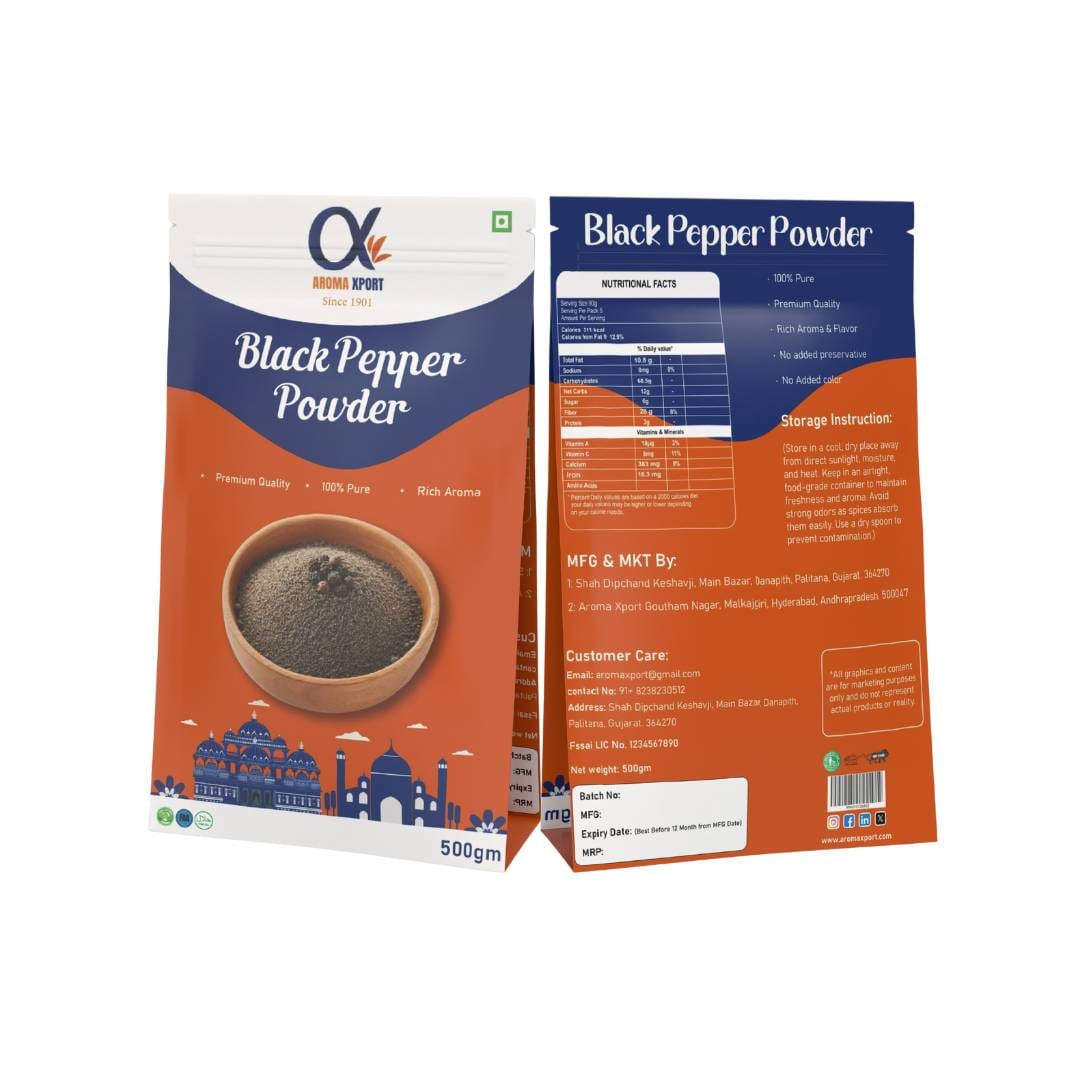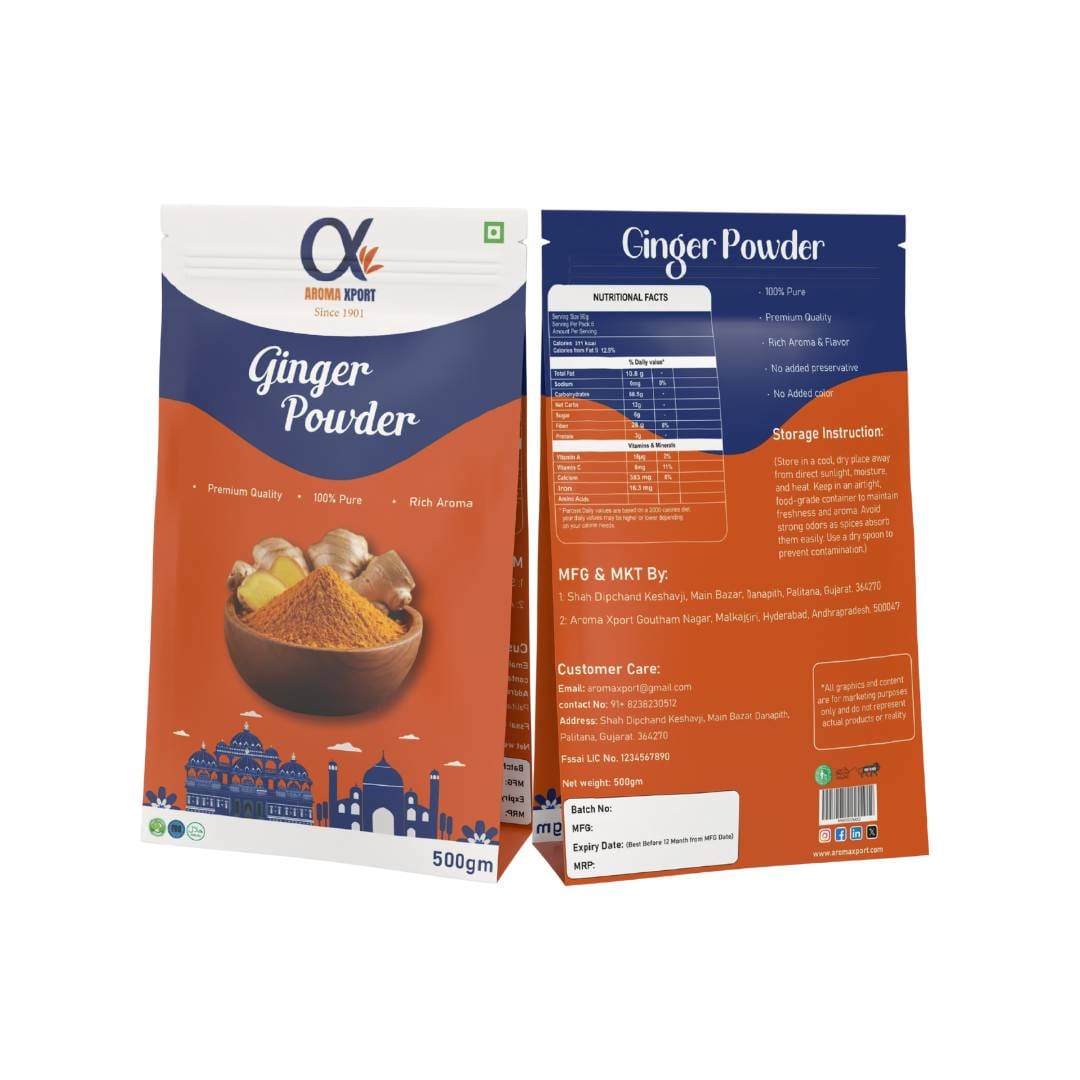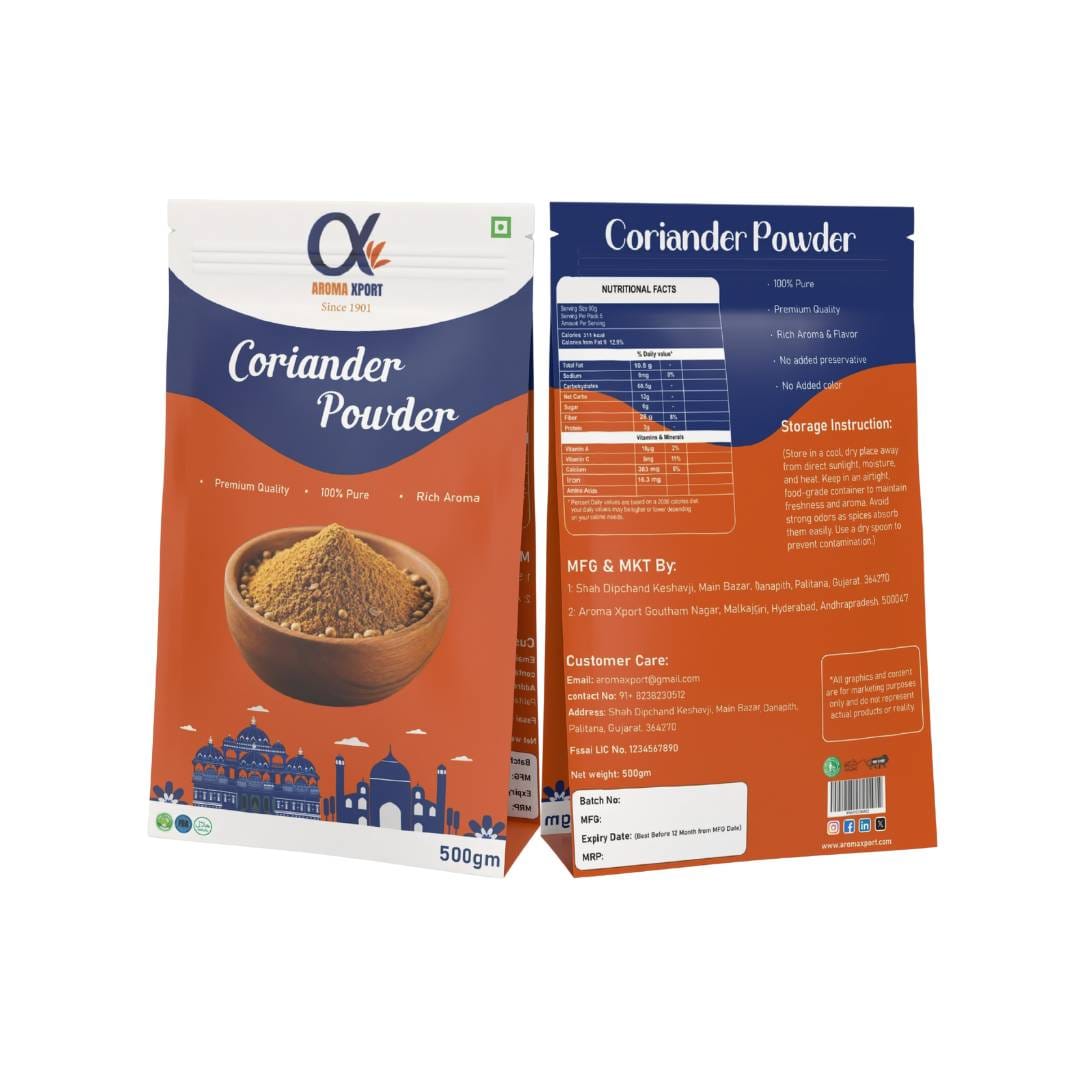Description
Use:
- Culinary: Turmeric powder is used in curries, soups, rice dishes, and spice blends such as curry powder and garam masala. It adds color and flavor to dishes and is a staple in Indian, Middle Eastern, and Southeast Asian cuisines.
- Condiments: It is used to make turmeric tea (golden milk) and is added to smoothies, dressings, and marinades.
- Medicinal: Turmeric is renowned for its anti-inflammatory, antioxidant, and antimicrobial properties. It is used to treat various ailments, including digestive issues, joint pain, and skin conditions.
Origin:
- Turmeric is native to South Asia, particularly India, where it has been cultivated and used for thousands of years. It has a significant role in traditional Indian Ayurvedic medicine and is also widely grown in other tropical regions.
Health Benefits of Turmeric Powder:
- Anti-inflammatory: Curcumin, the active compound in turmeric, has strong anti-inflammatory properties that can help reduce inflammation and pain.
- Antioxidant: Turmeric is rich in antioxidants, which help protect the body from oxidative stress and free radical damage.
- Digestive Health: It aids digestion and helps relieve symptoms of bloating and indigestion.
- Joint Health: Turmeric is often used to alleviate symptoms of arthritis and joint pain.
- Immune Support: It boosts the immune system and helps fight infections.
Indian Name of Turmeric Powder:
- Hindi: हल्दी पाउडर (Haldi Powder)
- Tamil: மஞ்சள் தூள் (Manjal Thool)
- Telugu: పసుపు పొడి (Pasupu Podi)
- Kannada: ಅರಿಶಿನ ಪುಡಿ (Arishina Pudi)
- Malayalam: മഞ്ഞള് പൊടി (Manjal Podi)
- Bengali: হলুদ গুঁড়ো (Holud Guro)
- Gujarati: હળદર પાઉડર (Haldar Powder)
- Marathi: हळद पावडर (Halad Pood)
- Odia: ହଳଦୀ ଗୁଣ୍ଡ (Haladi Gunda)
Foreign Name of Turmeric Powder:
- French: poudre de curcuma
- German: Kurkumapulver
- Italian: polvere di curcuma
- Spanish: polvo de cúrcuma
- Portuguese: pó de açafrão
- Dutch: kurkumapoeder
- Russian: куркума порошок (kurkuma poroshok)
- Arabic: مسحوق الكركم (masḥūq al-kurkum)
- Turkish: zerdeçal tozu


